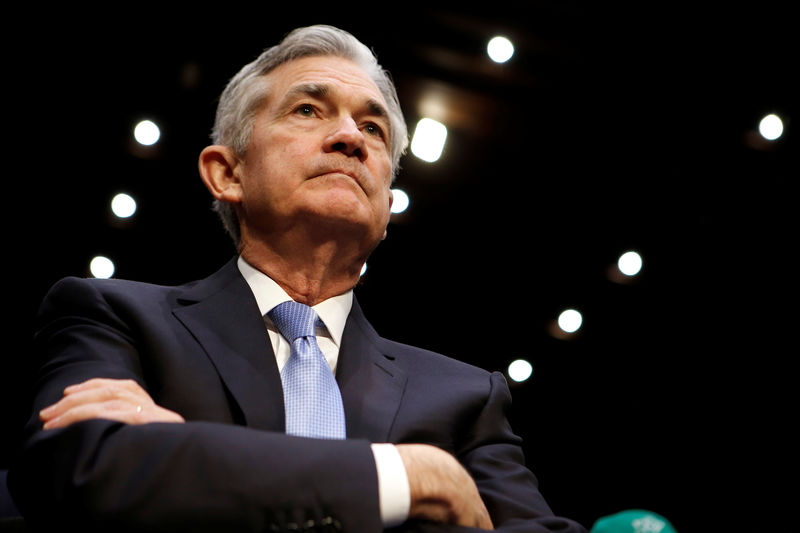(Bloomberg) -- A growing number of economists expect the Federal Reserve to step up the pace of its interest-rate increases this year after congressional passage of a $300 billion government spending package that is seen lifting U.S. economic growth and inflation.
Lewis Alexander, chief economist at Nomura Securities International Inc., and Greg Daco, Oxford Economics’ chief U.S. economist, were among those who now see four Fed rate hikes in 2018 instead of three, according to a Bloomberg survey of 29 respondents conducted Feb. 12-14. That brought the survey’s median estimate for the upper bound of the central bank’s federal funds rate target to 2.5 percent by year-end. It is currently at 1.5 percent.
“Stronger growth and higher inflation would increase the odds of four Fed rate hikes in 2018,” Daco said in his survey comments. He added that the recent market strains won’t prevent a rate increase at the central bank’s next policy-making meeting on March 20-21.
In their last quarterly projection in December, Fed officials penciled in three rate hikes for this year, according to the median forecast in their so-called dot plot. They tacitly reiterated that view at their Jan. 30-31 meeting, when they said they expected “further gradual increases in the federal funds rate.”
Economists are getting more upbeat about economic growth this year and next, according to the survey. They see gross domestic product expanding 2.9 percent in 2018 and 2.5 percent next year. GDP has averaged a 2.2 percent advance since the expansion began in mid-2009.
Inflation forecasts also edged up in the poll. Economists expect a price gauge tied to consumer spending and closely watched by the Fed to rise 2 percent in 2018 from a year earlier. That would meet the central bank’s goal. The year-over-year gain in the personal consumption expenditures price index was 1.7 percent in December, the latest available data shows.
The $300 billion package passed last week comes on top of a $1.5 trillion, 10-year tax cut that President Donald Trump signed into law in December. Trump this week also called for increased spending on roads, bridges and other infrastructure projects.
“Too much of a good thing is too much,” Joel Naroff, president of Naroff Economic Advisors Inc., said in his survey response. “The tax cuts, spending increases and potentially infrastructure package are likely to accelerate inflation and cause the Fed to raise rates higher and faster than expected.”
